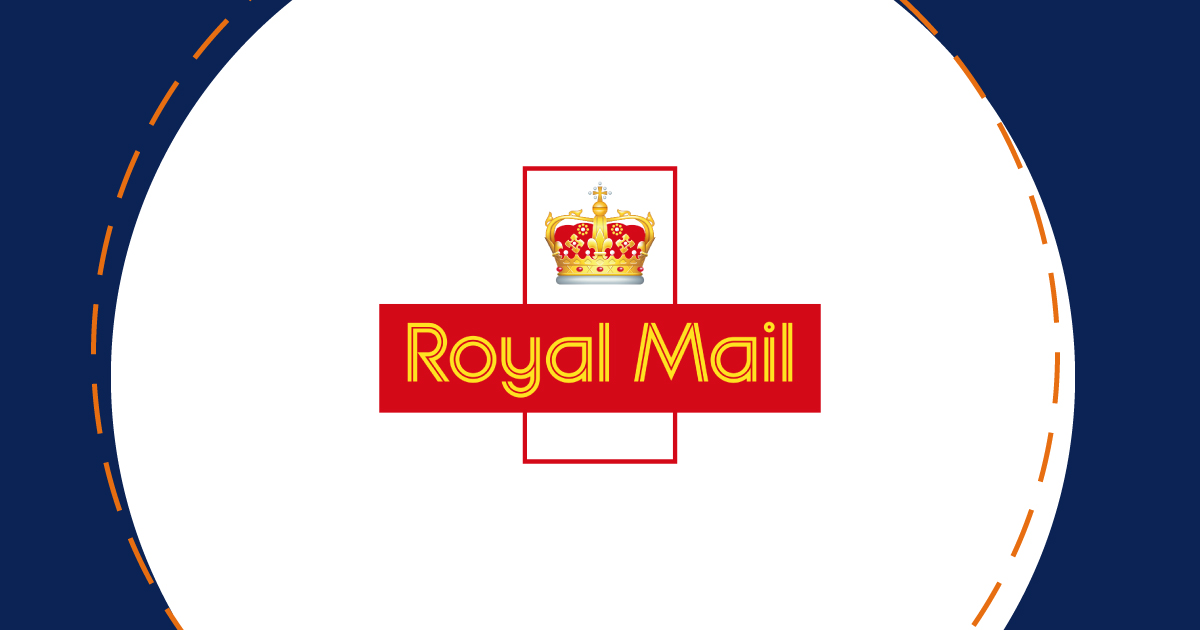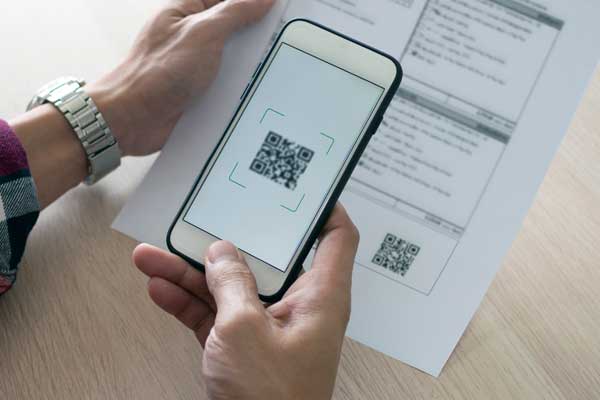Communication in the debt recovery sector has long been associated with formal letters, strict processes, and language that adds pressure instead of starting a conversation - but this is beginning to change.
Today, effective debt recovery is defined as much by how organisations communicate as by what they communicate. By focusing on accessibility, empathy, and channel choice, agencies can reimagine collections as a process rooted in fairness and understanding. Here’s how moving away from a one-size-fits-all approach opens the door to more constructive conversations and better results for all parties.
Traditional approaches to debt recovery have often put procedure above people, leaving little room for compassion or flexibility. This can increase stress for customers - particularly those already in vulnerable circumstances - and make constructive engagement less likely. In fact, research shows that 82% of customers are more likely to respond when payment reminders are framed in a supportive and positive way, highlighting the impact that tone and approach can have on outcomes.
Communication can be seen not as an enforcement tool, but as a bridge to understanding. When agencies use straightforward wording, adopt a considerate tone, and tailor messages to individual needs, such as accessibility requirements, they can lower barriers and encourage cooperation with debtors. Reframing recovery in this way helps agencies move beyond transactional processes and towards a model that is fairer, more supportive, and ultimately more effective long-term.
Debt recovery takes place in a tightly regulated environment, where accuracy, transparency, and adherence to standards such as FCA Consumer Duty are non-negotiable. Customers must be given clear details of amounts owed, timelines and any consequences of non-payment, but compliance does not require communication to be cold or intimidating.
By pairing professional standards with compassion, agencies can meet regulatory obligations while also treating customers with dignity. Simple, jargon-free explanations combined with a respectful tone can reduce anxiety and improve engagement. Organisations demonstrating empathy can achieve stronger cooperation and more sustainable outcomes.
The way a message is delivered may affect whether it prompts a reply or goes unanswered. Vulnerable individuals as well as those who are digitally disconnected, benefit when they are given choice and flexibility, ensuring they can engage in the way that suits them best. A well curated multichannel approach brings together secure letters, digital document delivery, and SMS reminders into one coordinated strategy, allowing organisations to provide communications in several formats.
As part of a multichannel debt recovery strategy, physical letters remain essential - valued for their reliability, confidentiality, and the assurances they provide. Direct mail achieves an average response rate of nearly 4%, highlighting its effectiveness as a communication channel. When integrated with digital formats, letters form part of a balanced approach that feels fairer and more considerate. This combination increasreases the likelihood of engagement, helping individuals feel more informed and in control of their circumstances. d of engagement, helping individuals feel more informed and in control of their circumstances.
With everything in mind, trust is at the heart of successful debt recovery. When people feel they are treated fairly and with consistency, they are more willing to engage in open conversations and work towards a resolution. Keeping messages consistent across every channel – post, email, or SMS – shows professionalism and reliability. It also reassures the debtor that they are valued as an individual, not just viewed as a payment to be collected.
Personalisation also plays a vital role. Addressing customers by name, clearly outlining options, and presenting information in an approachable way reduces the sense of intimidation that often accompanies debt-related correspondence. By combining secure processes with a considerate approach, organisations show that they value customer wellbeing.
At CFH, we understand that better communication drives better recovery outcomes. Through our secure hybrid mail platform and fully managed communication services, we help debt recovery and debt collection teams deliver timely, compliant, and effective messages at scale. Whether sending personalised letters or outsourcing the full process, every communication is handled with security, efficiency, and care.
With more than 30 million physical documents and over 5 million digital documents sent each year for financial clients, and trusted partnerships with over 250 organisations across the sector, we possess the scale and expertise to support even the most complex recovery campaigns.
Read more about how we support financial organisations and discover the difference our communication solutions can make for your organisation.




Surrey County Council Sought to Optimize Print/Post Services Across Departments. We Helped Transform Their Services With Our Industry Expertise.




















